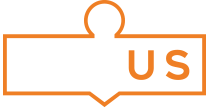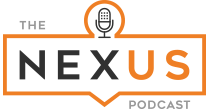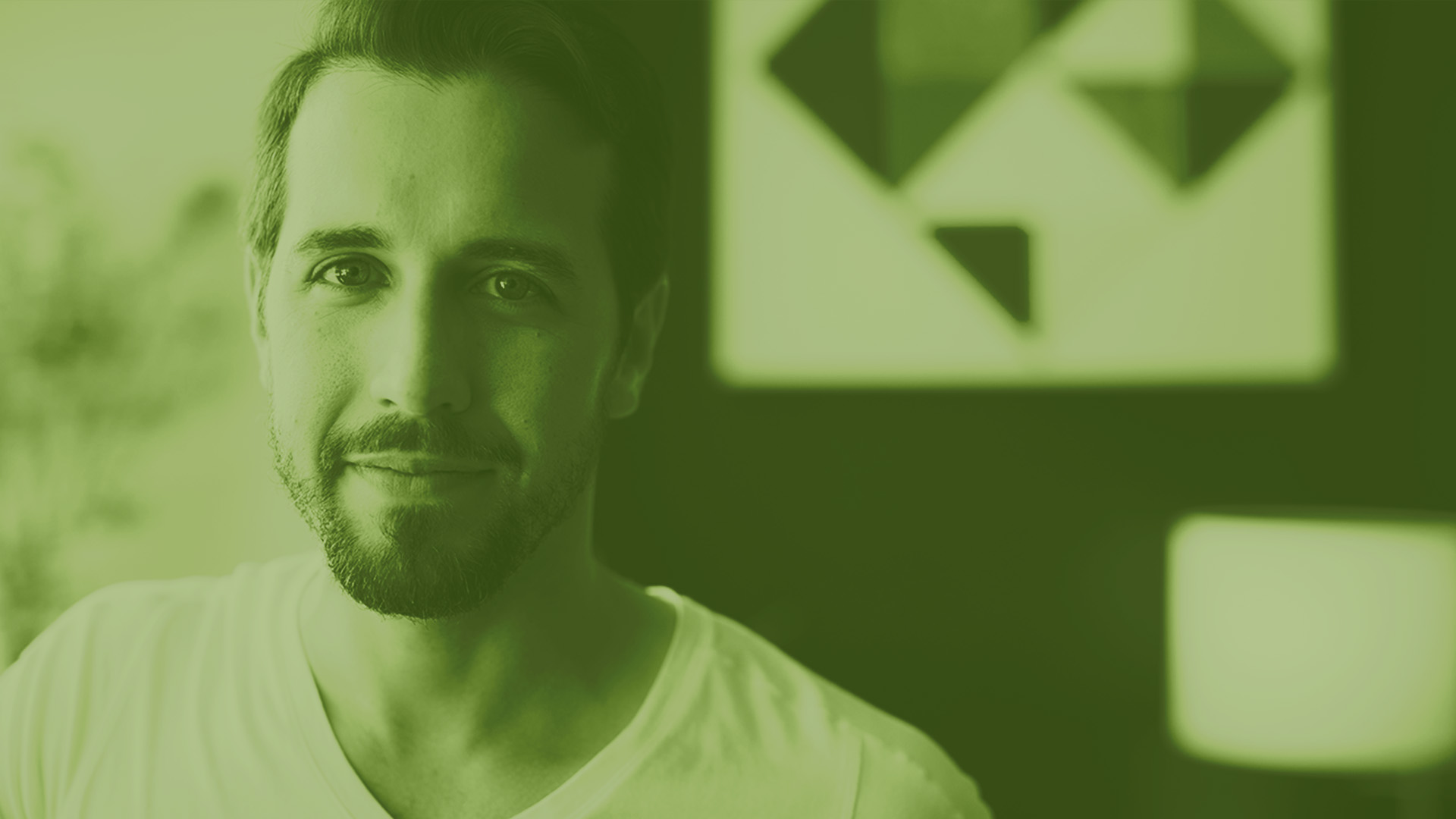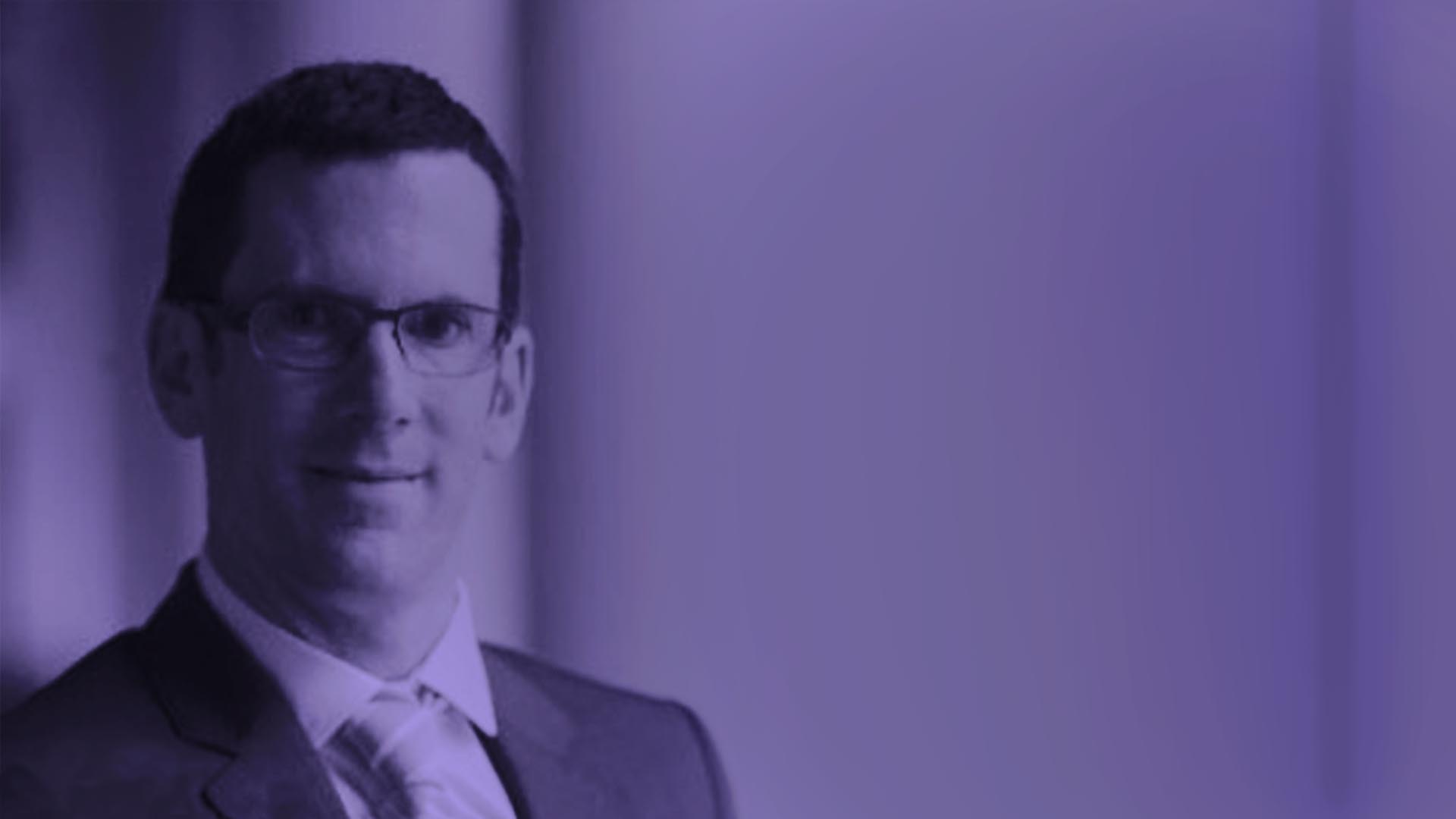Supporting Employee Mental Health with Stephen Liptrap
The 2020 American election is happening today, COVID-19 cases are rising, there are protests in the street and winter is coming. To say that people are under an incredible amount of stress is an understatement. But what do we do about it? This week we’re talking to Stephen Liptrap, President & CEO of Morneau Shepell, a leading provider of technology-based HR wellness services. We look at Morneau Shepell’s Mental Health Index research and tips on how to keep a pulse on employee mental health, prevent productivity loss, and engage with your employees during periods of great stress.
Joe Biden [00:00:01] I’m not going to answer the question, I answered that because the question.
Biden & Trump Talking over each other [00:00:04] The question is… Answer is yes. Is the rational left?
Joe Biden [00:00:07] Would you shut up, man.
Donald Trump [00:00:08] Who is on your list, Joe?
Joe Biden [00:00:10] This is.
Chris Wallace [00:00:10] All right, gentlemen…
Biden & Trump Talking over each other [00:00:12] I think this is some trying of the. Because three of them are not going to give up. We have ended the segment. We’re going to move on.
Chris Nelson [00:00:18] This pod is dropping on the same day as the US presidential election. And if you’re like me, you’re prevailing thought might be.
Chris Nelson [00:00:26] God. I can’t wait for this to be over, except no matter the outcome. Nothing is really over.
Chris Nelson [00:00:35] We’re still in the middle of a global health crisis, an economic downturn, a long overdue reckoning on race and a massive shift in how we live and work. About the only difference is that depending on who you support… some of you might be slightly less stressed after the election than you were before. Which is why our guest on this podcast says it’s essential that companies and their leaders intensify their efforts to support mental wellness in the workplace. That guest is Steven Liptrap, president and CEO of Morneau Shepell, one of the largest providers of employee health management in North America. He says that although we may be talking less about wellness than we might have in the early days of the pandemic, that doesn’t mean the challenges around wellness have gone away. Quite the opposite, in fact. Stephen Liptrap will explain further when he joins us at the Nexus.
Chris Nelson [00:01:31] The Nexus, a place where people converge and connect. On this podcast, we look at the things that are changing the way all of us do our jobs. We’re going to take a quick peek into the minds of those people who are helping us change. Scientists, HR leaders and experts in human performance. I’m Chris Nelson.
Chris Nelson [00:01:50] Stephen, I think the most obvious place to start is to ask, how is your mental health these days?
Stephen Liptrap [00:01:55] I’m actually doing well, even though I must admit I’ve gone from spending my life traveling to 30, 50 percent of my time to zero. But there are pros and cons related to that. And we’ve been spending a lot of time helping our clients and try to make a little bit of the difference in the world. So in the context of the very odd times to be able to give something back as an organization and make a difference is important.
Chris Nelson [00:02:17] In the early days of the pandemic, you saw a lot of news cycles that explored the topic of employee mental health during this crises. Those seem to have diminished as other things have sort of moved to occupy our attention. But that does not mean that the problem or the potential problem for employers is in any way diminished. Is that correct?
Stephen Liptrap [00:02:40] Absolutely. And one of the things that we started doing as an organization to start measuring mental health around the world. We started releasing our mental health index right as we moved into the pandemic based on three years of data. And what we’ve found this is what shocked me the most, was if you looked at before the pandemic hit and you looked at people that were the most anxious or depressed or call it the worst seven percent of the population, that is now the average today.
Stephen Liptrap [00:03:12] So I’ll pause that… If you think about the average of people across this country is now equal to the worse seven percent before the pandemic hit, we are going to have this massive wave of mental health issues hit.
Stephen Liptrap [00:03:27] And as a country, we need to make sure we’re in front of that because that’s got huge impacts on productivity in people’s lives. And as companies, the same thing as we try and figure out how do we keep employees engaged, focus on what matters, and that is a wave that is just coming at us so we can’t talk about this enough.
Chris Nelson [00:03:46] What are the principal causes of anxiety for people at this time? I think there’s some obvious ones. Are there less obvious ones that get your attention that we should focus on that we probably aren’t focusing on right now?
Stephen Liptrap [00:03:59] Yeah. And I’ll start with, you know, people have different capacities to deal with things coming at them.
Stephen Liptrap [00:04:07] Before the pandemic, I would say if you had some issues that were making you feel anxious or depressed at work. That was one thing. If you had issues that had you feeling anxious or depressed in your home life. That was another. And where people usually got in trouble is when they had both of those things hit them at the same point in time. And I think that is the same in this. I think what is different is, first of all, people are home, so they’re out less. We are social creatures and we need to be around other people. And it’s really hard for those who are home alone. I think there is a lot of anxiousness around elderly people, be it parents, uncles, aunts, friends who may be in homes or we know or at significant higher risk. And you layer on top of that. We are in the middle of the Spanish flu, the Great Recession or the Depression and the civil rights movement.
Stephen Liptrap [00:05:04] And that is all on top of people at the exact same time. And that is never happened in history before.
Chris Nelson [00:05:12] Based on the data you’ve seen, are there groups who are doing worse than others?
Stephen Liptrap [00:05:18] Some of the interesting things that strike out to us is women are having a harder time than men through this, which I think is interesting and is probably due to the fact that, you know, whether we like it or not, women have picked up more of the duties around the house and or more of the child care or are maybe better at helping their kids through. Not to say all of them, but generally speaking, we do find that women have suffered more in this. We also find that interesting enough. People who have had their pay reduced are suffering more, even more so than those who have lost their jobs through this. Which is interesting. We also know that people who work for our organizations that have provided some support to their employees are doing much better than people who have worked for organizations that aren’t providing that support for the employees. So some really interesting insights that have come out of the data that we spent sitting on.
Chris Nelson [00:06:22] Where were companies on the subject of addressing employee mental health prior to the pandemic? And where are they now and what do they need to do to catch up with the problem?
Stephen Liptrap [00:06:35] Yeah really good question. And I think we had made tremendous progress as a society in the 10 years leading up to the pandemic. Organizations were really also getting an understanding of what was happening in their population. We’re just starting to do tremendous work with organizations to open up resources for their employees. And that can be 24/7 chat, it can be providing things for people to read. It can be better organizations. We’re all spending time realizing that this was an issue that needed addressing in the workplace and from a business standpoint has significant productivity issues.
Chris Nelson [00:07:15] Is there some part of you that looks that pandemic and thinks, well, this has in some way destigmatize the discussion around employee mental health and that’s got to be a good thing?
Stephen Liptrap [00:07:25] Yeah, I think it has, because I think and I go back to the averages equal to the worst seven percent before I’ve heard so many people say I’m stressed, I’m anxious, I’m worried about the future.
Stephen Liptrap [00:07:41] So I think the conversations that let’s call it the average person who’s having today are areas that deal with mental health, whether they label it that or not. So I think it has destigmatize it. And I think we continue to move down that journey. Again, we still have a ways to go on destigmatizing.
Stephen Liptrap [00:07:59] But I do think we keep moving down that road and we keep moving down it in a good way.
Chris Nelson [00:08:04] For those companies and leaders who perhaps on the lower end of the curve in terms of their approach to mental health. What would you recommend that they do in order to get up on this problem?
Stephen Liptrap [00:08:14] Yeah, I think there’s some very simple things that organizations can do.
Stephen Liptrap [00:08:21] I think the first one is be open with people, be transparent and acknowledge it. So acknowledge what they’re going through. And I think there’s tremendous value to business unit leader as CEO or anybody in the C Suite getting in front of their employees and just acknowledging what they’re going through. That has tremendous meaning. And that can be that they’re trying to do things from home, that they’re dealing with elderly parents or dealing with kids, anything like that. The second thing I would say is ramp up communications.
Stephen Liptrap [00:08:53] People in these times and in any bad times quite often will infer the worst. So I think the more we are open, the more we are communicating, the more we are telling people honestly what the situation is, is just so, so important. I think there is an opportunity to spend time and train managers in.
Stephen Liptrap [00:09:12] This is really important to create a check-in culture, which means managers need to be reaching out to their people and checking in on how they’re doing. And I think they need to be checking in not just on work, but how they’re doing personally. There is a obligation for us to understand a little bit what people are going through in their home life and be a little bit sensitive to that because they are home alone. And if we can pick out people who are struggling a little bit earlier on, we can get support for them. And the other thing I would say is there are lots of different tools that people can provide to their employees on a confidential basis. And those can be employee and family assistance programs. Those can be web check-ins. Those can be peer supports and all of those type of things.
Chris Nelson [00:09:58] You’re reminding me of a comment Jeff Bezos made about a new concepts, different and better than work-life balance that he referred to as work-life harmony. Now, my cynical brain perhaps thought that was a. Justification for claiming more off her time from his people so they could work. But that is now sort of sounding oddly prescient in light of what we’re going through.
Stephen Liptrap [00:10:22] Yeah, I’ve heard work-life integration and things like that. And I, I think it’s all good. I do think you bring up a really good point, though, which is we’ve got to make sure that it doesn’t because it doesn’t tip too much one way.
Chris Nelson [00:10:34] Deprocessing people, which the pandemic has sort of forced employers to do, can’t help but be a good thing. It’s sort of in an odd way, empowers them, makes them feel like they’re more in control of their lives. Would you say that’s an unintended upside to a global crisis like this one?
Stephen Liptrap [00:10:54] I think it is.
Stephen Liptrap [00:10:56] And even as I’ve been having video calls with people, the number of people I talked to happened to be working and I would say working very hard from locations that might have been up north. And some people might have the luxury of being in a cottage and some people who might have been being with their parents or their parents place and somewhere different. But I think we all realize that it was OK to be wherever. Back to your point, it was more about the work getting done with quality and on time, rather than having to be locked down to an office or spending X hours commuting or something like that. So I, I do think there are some positive things coming out of this. And I hope that when we think about going back that we keep some of those positives. I think it’s good for people’s mental health as well to be in different places and see different people have an opportunity to bounce ideas off of each other.
Chris Nelson [00:11:49] Are you an optimist generally, or do you feel optimistic about potential outcomes or the things that we’ve learned from this pandemic?
Stephen Liptrap [00:11:57] Yeah. So you’re 100 percent correct. I’m definitely the glass half full person and tend to be very optimistic.
Chris Nelson [00:12:04] Stephen, as always, a very illuminating conversation. I really hope we can do it again sometime soon.
Stephen Liptrap [00:12:09] I look forward to it and all the best. Really appreciate the conversation, Chris. Thank you.
Chris Nelson [00:12:16] Is dubious leadership, be it in government or at your workplace, giving you ulcers? Is anxiety taking a toll on your people?
Chris Nelson [00:12:23] And spoiler alert, it probably is that it might be time to trust the experts at Morneau Shepell. You can find them at Morneau Shepell dot com. That’s M o r n e a u. S h e p e l l dot com Morneau Shepell dot com. And if it’s time to stand up a wellness culture in your company and let folks at Nexus help, for more than 20 years, we’ve been helping clients with innovative solutions, programs and products. You can find us at w w w dot nexus communications dot com. That’s n e x u s communications dot com. And be sure to follow us on Apple podcasts, Spotify or wherever you get your podcasts. I’m Chris Nelson. Thanks for listening.









